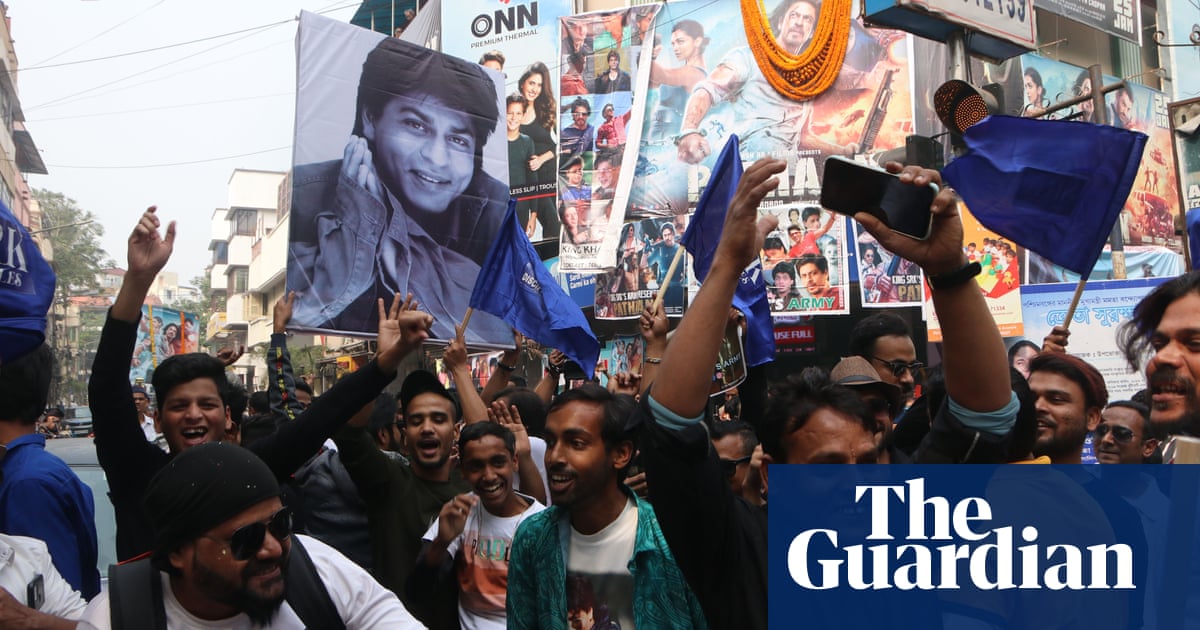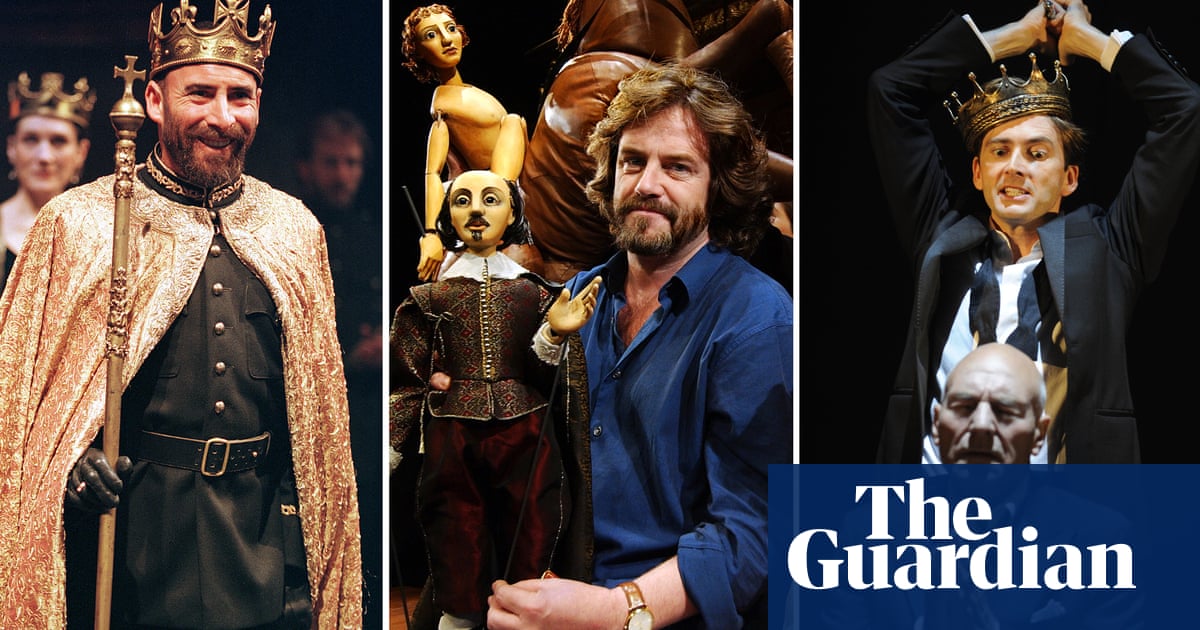
he actor Geoffrey Bragg was born in 1909 in the Lake District and later adopted the name of his birth town of Kendal but, at schools and theatres across India in the 1940s and 50s, he was recognised simply as the “Shakespeare Wallah”. The adventurous troupe of performers he led in productions of classic plays included his wife, Laura Liddell, daughter Jennifer and youngest daughter Felicity Kendal, who worked first as a stage hand then made her acting debut aged nine as Macduff’s son in Macbeth.
Geoffrey Kendal and his family star together in the film Shakespeare Wallah (1965), produced by Ismail Merchant and directed by James Ivory as the second feature for their fledgling Merchant Ivory stable. In the film, the Kendals’ theatre ensemble, which was named Shakespeareana, morphs into a troupe called the Buckingham Players. In this motley company, Geoffrey and Laura play the parents, essaying the great tragic and comic roles on stage while keeping the books for their winding third-class travels around the subcontinent. Eighteen-year-old Felicity plays their daughter, Lizzie, giving her Desdemona and Ophelia by night while embarking on a romance with playboy Sanju (Shashi Kapoor). Jennifer Kendal, who was Kapoor’s offscreen wife, has a small supporting role and designed costumes for the film.
Shakespeare Wallah is set in a rapidly modernising India whose pop culture is eclipsing English traditions and rendering the Buckingham Players an anachronism. The booming homegrown film industry is represented by Bollywood star Manjula (played by actor turned chef Madhur Jaffrey) who also has a relationship with Sanju. Lizzie finds herself directly competing against a glamorous screen icon, just as the stage views cinema as a rival.
Although the film is rooted in a specific sociocultural moment for India, the threat posed to theatre by screen entertainment remains as universal now as it did then. In his Guardian obituary for Geoffrey Kendal in 1998, Ivory wrote about the tensions during the production with the veteran actor: “He let me know how he despised the cinema – that the cinema was his enemy, causing theatres to be empty and tours to be cancelled.” But Kendal – who has an ease in front of the camera despite his lack of film experience – came to recognise that thanks to Ivory “it was the despised cinema that told the world of my existence and to a certain extent of my fight”.
And the despised cinema is here undeniably beautiful. Shot in black and white (for budgetary reasons) by Subrata Mitra, the film has a stately pace, is sensitively written by Ruth Prawer Jhabvala and comes with music by the esteemed director Satyajit Ray. The bumpy travels of theatre troupes often make for bittersweet comic escapades such as in Fellini’s Variety Lights (1950) or George Cukor’s Heller in Pink Tights (1960). But Shakespeare Wallah has a clear-eyed view of the company’s itinerant life as they veer from private performances in palaces to remote school audiences, the thrill of acting offset by umpteen card games and window gazing in between.
When the company puts on an adapted version of Antony and Cleopatra at the request of a maharajah, he quips: “we are all forced to make cuts to the text given to us by destiny”. The tricky art of adaptation – whether of Shakespeare or to your personal situation in changing times, with limited means – is at the heart of the film. Returning to one school where they have triumphed in the past, the players find themselves squeezed out of a busy timetable of activities dominated by sport. Kendal’s actor-manager takes the rejection personally, as he does when his audience in the theatre is distracted one night by the starry presence of Manjula in the auditorium. Like the British owners of the fading Gleneagles boarding house where the troupe stays, now outdone by a shiny new hotel, he wonders if he should have returned to England by now. Belonging is a key theme in the film – especially the way different generations are pulled between different continents.
We see snippets of the Shakespeare classics performed by the Buckingham Players – ruffs are recycled for different roles, powder and paint liberally applied, and the same sets dusted off for scenes that sometimes mirror the personal dramas in the characters’ lives. It is during a production of Romeo and Juliet that we realise how much Sanju loves Lizzie: a balcony drama unfolds in the auditorium itself as he fights a group of onlookers who are catcalling her.
While some of these scenes give an invaluable glimpse into how it may have felt to watch one of Shakespeareana’s countless performances, they are ironically outweighed by the powerful episode in which an energised Sanju, who has just left their performance of Hamlet, tells Manjula all about it. His eyes dance as he wrestles with the play’s plot, considers Hamlet’s delay and Ophelia’s sadness, and describes the stagecraft with a sense of wonder. This film about theatre, despite its authentic performances and attractive production design, burns brightest when just describing the thrill of an art form that is, by its very nature, always vanishing yet will never be extinguished.












